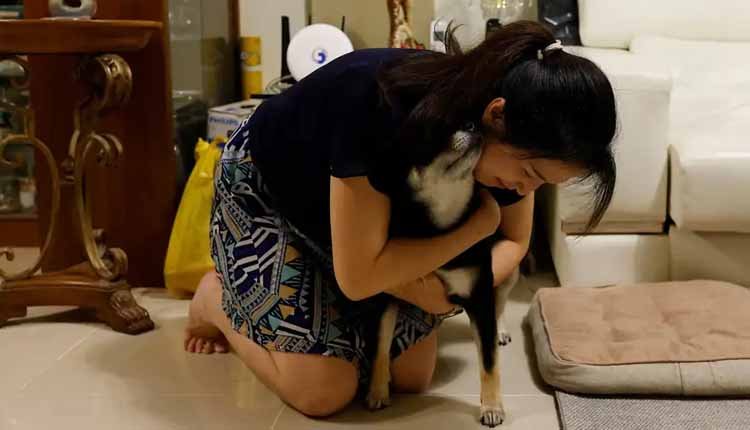Taiwan: Women freeze eggs hoping for a better future
Increasing numbers of women in Taiwan are having their eggs frozen in the hopes of better times. Vivian Tung, 33, was accompanied on the challenging process.
No time to search for a partner
Vivian is single and successful. The brand marketing director wants to have her eggs frozen so she has the opportunity to have a child at some point in the future. “It’s my insurance policy,” the 33-year-old says. She explains that many women in Taiwan are independent and career-focused and aren’t solely looking to find a husband just to have children.
Low birth rate in Taiwan
The birth rate in Taiwan is 0.89 children per woman, making it one of the lowest in the world. Single women in Taiwan can have their eggs frozen, unlike in China, where the practice is prohibited. However, it’s only legal to use the eggs in a heterosexual marriage, which excludes same-sex couples and single women.
Freezing eggs is a very involved process
Women like Vivian hope that officials in the democratically ruled island country will change their policies in the future and allow unmarried women the chance to have children. The process of freezing eggs takes two weeks. A nurse is showing Vivian how to use the hormone injections.
A slew of appointments
Vivian has to perform hormone injections on herself to stimulate egg growth. Beyond that, she has to visit a hospital every two to three days for blood tests to check her hormone levels and to monitor the development of her eggs.
Grateful for support
Vivian shows her mother the spot where she injects herself with hormones daily. She is thankful that her family is so supportive and respects her decision. She has to cover the costs of the operation herself. She has to pay between $2,600 and $3,900 for the ovulation induction, medications and hospital visits, in addition to yearly storage costs of between $160 and $320.
In vitro fertilization is booming in Taiwan
Over a dozen centers offering to freeze women’s eggs were opened in Taiwan last year. Dr. Lai Hsing-Hua, the founder of Stork Facility Clinic, Taiwan’s first egg bank, says that the number of new patients has risen by 50% compared to last year and that the clinic has already frozen the eggs of more than 800 women.
A painful operation
When the eggs are mature enough, the operation can be carried out. During the medical procedure, an ultrasonic probe is placed in the vagina to drive a needle into the egg supply and suck out all visible follicles. Vivian’s parents accompany her to the hospital.
An ultrasonic probe is placed in the vagina during the medical procedure, in order to drive a needle into the egg supply and suck out all visible follicles. An ultrasonic probe is placed in the vagina during the medical procedure, in order to drive a needle into the egg supply and suck out all visible follicles.
‘A matter of ethics’
Li Yi-ping, chief director of the Reproduction Medical Center, performs the operation on Vivian. He sees an excellent opportunity to change reproduction laws. Chen Li-Chuan, an expert from Taiwan’s Ministry of Health and Welfare, says, “First, we have to plan a wide-reaching analysis. This is a complex ethical, medical and legal matter that impacts many interest groups.”
Medication to ease her pain
After the 40-minute procedure, Vivian is in severe pain. She takes pain medication at home and says, “I feel really relieved. If there’s a possibility that I might want to have a child in the future, at least I now have the chance to do so.”
Subsidies for frozen eggs
According to a study by the National Taiwan University Hospital, the number of women between the ages of 35 and 39 who have decided to utilize this technology has increased by 86% in the past three years. The enormous increase in interest comes at a time when local governments have started to subsidize egg freezing. However, only a combined 1,400 spots are available annually.
Embryos for the future
Embryologists work on creating viable embryos to be used in an in vitro fertilization transfer or frozen for later use in a laboratory. In 2019, Taiwan became the first country in Asia to legalize same-sex marriages. In May of 2023, same-sex couples were granted the right to have children or adopt them.
Hoping the law is changed
Vivian eats her first meal at home after the operation. “In a few years, Taiwan’s laws could be liberalized due to trends, or people’s rising awareness on the issue could help the government to make changes,” she says hopefully. Only about 4% of the children in Taiwan are born outside of wedlock, compared with 40% in the US, where it’s more widely accepted.


Comments are closed, but trackbacks and pingbacks are open.